Vietnam Partners With India In Indo-Pacific Waters To Wary China
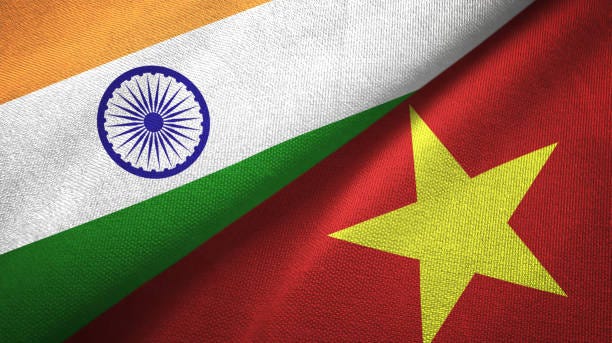
- The two countries signed a document called "Joint Vision Statement on India-Vietnam Defense Partnership towards 2030."
- This is a big step toward making logistics support easier for both countries, and it's the first time Vietnam has signed such a big deal with another country.
Vietnam has promised to deepen the Comprehensive Strategic Partnership with New Delhi to keep peace, prosperity, and stability in the Indo-Pacific area and beyond. This shows that Vietnam wants to have a future that is less tied to China.
At the start of this week, Vietnam’s Minister of Public Security General To Lam led a high-level delegation to New Delhi at the request of National Security Advisor (NSA) Ajit Doval. They spent two days there planning how the two countries’ defense and security services will work together in the future.
At the talks, NSA Doval and General To Lam, who is also a member of Vietnam’s Communist Party’s Politburo, worked on a detailed plan to improve ties in strategic, security, and defense issues.
The Vietnamese minister said that in the future, the two countries should continue to work together on defense, security, the economy, digital transformation, green economy, and making it easier for people to meet and talk to each other.
India is in charge of the G20, which is the largest group of developed and developing economies in the world. General To Lam said that Vietnam wants New Delhi to play a bigger part on the international stage, especially in the UN. He also thanked India for always backing Vietnam’s role in the Association of Southeast Asian Nations. (ASEAN).
Both leaders also said it was important to keep and promote peace, stability, maritime safety and security, and freedom of passage and overflight in the Indo-Pacific Region.
India is worried about actions and incidents in the South China Sea that make it harder for people to trust each other. It emphasized the importance of the UN Convention on the Law of the Sea (UNCLOS) and said that any disagreements must be settled peacefully by following international law, without threats, aggression, or changing the status quo in a way that doesn’t make sense.
In later talks with Vice President Jagdeep Dhankhar and Minister of State of Home Affairs Nityanand Rai, General To Lam said that India and Vietnam should work together more to deal with many “complicated” traditional and non-traditional security problems in the region.
Vietnam is still an important part of India’s Act East Policy and a key partner in its Indo-Pacific Vision, which is emphasized by Prime Minister Modi’s Security and Growth for All in the Region (SAGAR) program.
Since 2016, India and Vietnam have had a Comprehensive Strategic Partnership, and defense cooperation is still one of its most important parts.
Last June, when Defense Minister Rajnath Singh went to Hanoi at the request of his Vietnamese colleague, General Phan Van Giang, he talked about how both countries have a long history of cultural and civilisational ties that go back more than 2,000 years.
The two countries signed a document called “Joint Vision Statement on India-Vietnam Defense Partnership towards 2030.” This document greatly expands and improves the scope and scale of the current defense cooperation between the two countries.
During Singh’s visit, a Memorandum of Understanding (MoU) on Mutual Logistics Support was signed. This is a big step toward making logistics support easier for both countries, and it’s the first time Vietnam has signed such a big deal with another country.
At the same time, Defense Policy Dialogues, military-to-military exchanges, high-level visits, capacity building and training programs, cooperation in UN Peacekeeping, ship visits, and bilateral drills are all ways that bilateral defense engagements are growing.
During his visit to the Hong Ha Shipyard in Hai Phong last year, Singh gave 12 High-Speed Guard Boats to the Southeast Asian country. He also invited Vietnam to be a part of India’s defense industrial transformation through increased cooperation, which will help PM Modi’s vision of “Make in India, Make for the World” come true.


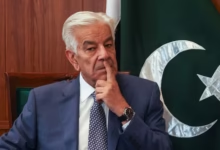
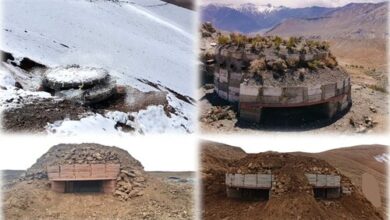
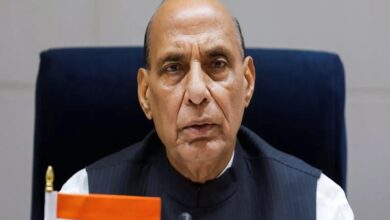

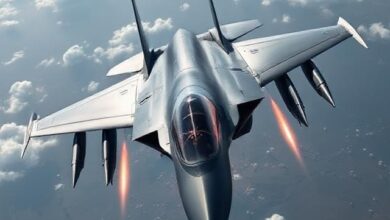
Facebook Comments